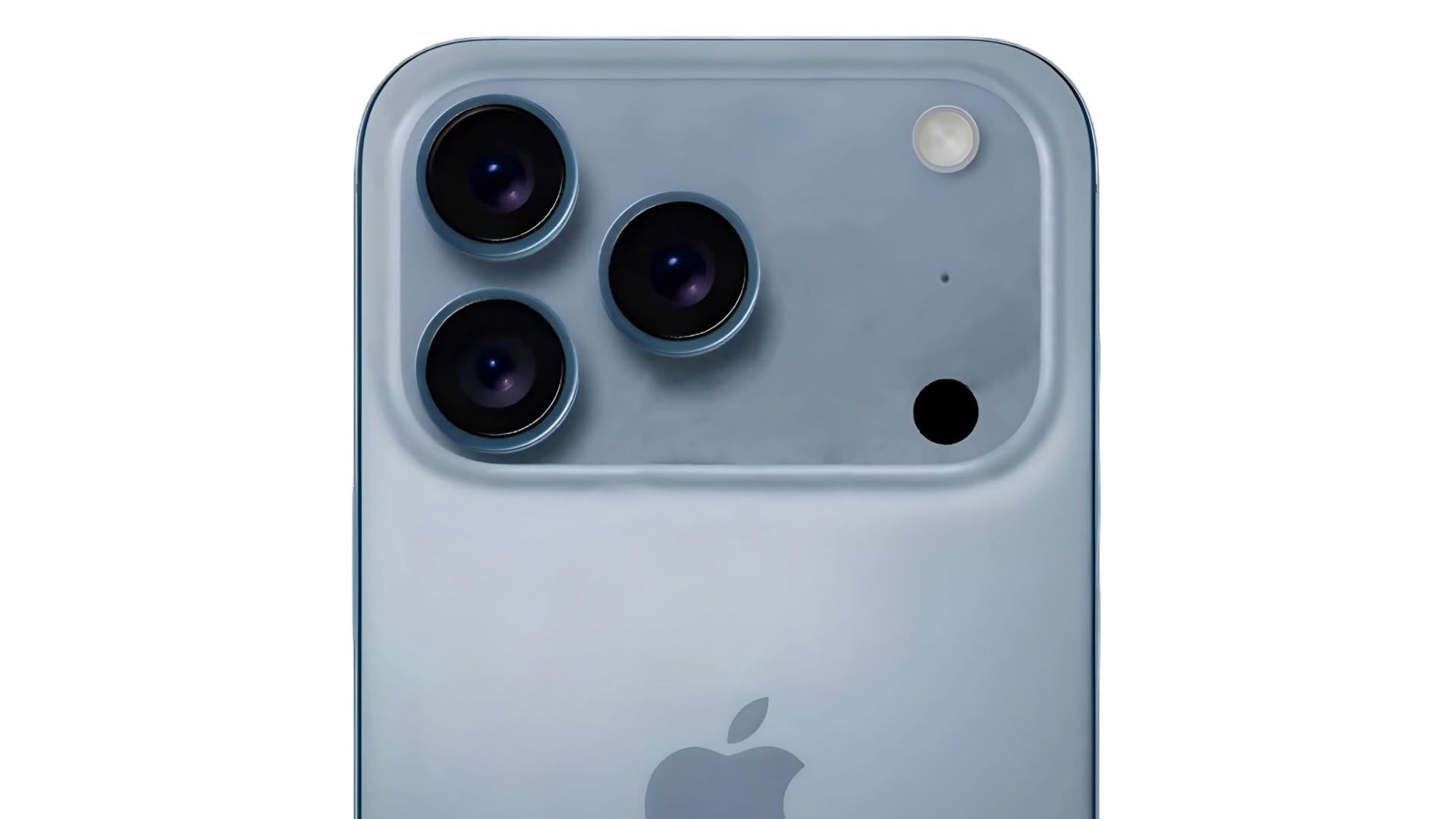The Evolution of 4chan: From LOLcats to Infamy

My earliest memory of 4chan is etched vividly in my mind. It was during a late-night browsing session, where I found myself typing the sites URL into my browser and immersing in a thread filled with LOLcat memes. At that time, these quirky images were just beginning to capture internet users' attention.
For a 14-year-old, seeing a photoshopped cat proclaiming, "I can has cheezburger" or an owl humorously asking, "ORLY?" was nothing short of hilarious. I laughed so hard that I woke my father, forcing me to confess that I was up at 2 a.m. giggling over pictures of cats. However, as time went on, I would come to know the site for its darker aspects.
Reflecting on 4chan, particularly after it was seemingly erased from the internet last week by hackers from a rival message board, is a peculiar experience. The website, which has been online for over two decades, has undergone countless transformations. What once served as a vibrant hub for internet culture and a sanctuary for the rebellious spirits of online communities has, over the years, devolved into a troubling fan club for mass shooters, the epicenter of the Gamergate controversy, and a breeding ground for extremist far-right ideologies worldwide. Its influence has seeped into various facets of life, shaping everything from the slang we use to the political figures we support. Yet, the site itself remained stuck in a time capsule, seemingly unchanged since the era of President George W. Bush.
It is quite plausible to assert that there may never be another site like 4chan, and perhaps that is for the best. Nevertheless, it had already achieved its primary objective: distorting the world and presenting it in its own disturbing reflection. Today, platforms like X, Facebook, and YouTube have absorbed its essence to a certain extent, leading one to ponder the necessity of 4chan's continued existence.
Ben Collins, the CEO of The Onion and a former extremism reporter, expressed a poignant observation about this phenomenon. He noted, "The novelty of a website devoted to shock and gore, and the rebelliousness inherent in it, dies when your opinions become the official policy of the world's five or so richest people and the government of the United States. Like any ostensibly nihilistic cultural phenomenon, it inherently dies if that phenomenon itself becomes The Man.
My first encounter with 4chans more sinister side occurred years after my innocent LOLcat night. While in college, I was an avid Tumblr user, and for a while, the platform felt like an extension of our lively house parties. However, this cozy atmosphere shattered when I became a target of doxxing during the summer before my senior year. Someone created a "hate blog" directed at me, marking one of the first instances where I felt the chilling impact of an anonymous individual's wrath on the internet. This malicious user posted my phone number on 4chan, turning my life upside down.
The prank they orchestrated was a popular one at the time: they claimed on a thread that my phone number belonged to a GameStop location that supposedly had a copy of the ultra-rare video game, Battletoads. In just 48 hours, I received no fewer than 250 phone calls from people desperately inquiring about the game. The experience was a jarring introduction to the darker side of anonymity on the internet, a stark contrast to the LOLcat memes that had once brought me joy.



























